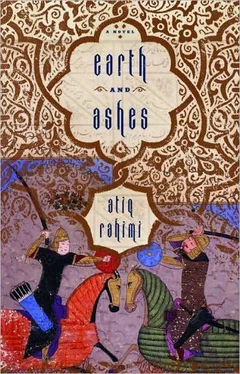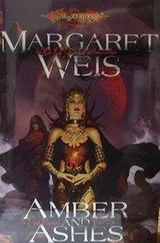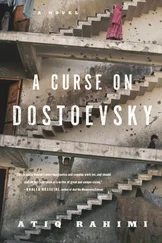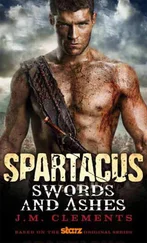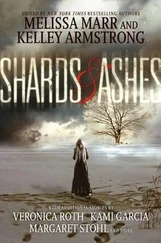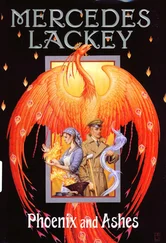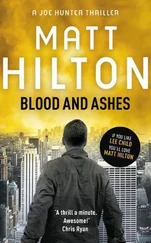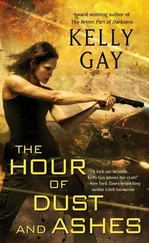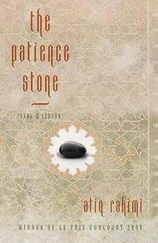Atiq Rahimi
EARTH AND ASHES
Translated from Dari (Afghanistan) by Erdag M. Goknar
For my father, and other fathers who wept during the war
The author and publisher would like to thank Sabrina Nouri for her editorial advice.
Reference is made in Earth and Ashes to the great eleventh-century Persian epic, the Book of Kings (Shahnama in Persian) by Ferdusi. This famous poem interweaves Persian myths, legends and historical events to tell the history of Iran and its neighbours from the creation of the world to the Arab conquest in the seventh century. Even today, storytellers can recount large parts of the Book of Kings from memory. The characters mentioned in Earth and Ashes are:
ROSTAM, son of Zal, the great hero of the epic who, in a battle, kills his son, Sohrab, whose existence he did not know about.
SOHRAB, son of Rostam, born from Rostam’s secret union with Tahmina, daughter of the King of Samengan, who finds himself on the opposite side from his father in battle and is killed by him.
ZOHAK, the legendary tyrant of the epic, who ruled with serpents who fed off the brains of the young men in his kingdom.
He has a great heart, as great as his sorrow
Rafaat Hosseini
‘I’m hungry.’
You take an apple from the scarf you’ve tied into a bundle and wipe it on your dusty clothes. The apple just gets dirtier. You put it back in the bundle and pull out another, cleaner one, which you give to your grandson, Yassin, who is sitting next to you, his head resting on your tired arm. The child takes it in his small, dirty hands and brings it to his mouth. His front teeth haven’t come through yet. He tries to bite with his canines. His hollow, chapped cheeks twitch. His narrow eyes become narrower. The apple is sour. He wrinkles up his small nose and gasps.
With your back to the autumn sun, you are squatting against the iron railings of the bridge that links the two banks of the dry riverbed north of Pul-i-Khumri. The road connecting Northern Afghanistan to Kabul passes over this very bridge. If you turn left on the far side of the bridge, on to the dirt track that winds between the scrub-covered hills, you arrive at the Karkar coal mine…
The sound of Yassin whimpering tears your thoughts away from the mine. Look, your grandson can’t bite the apple. Where’s that knife? You search your pockets and find it. Taking the apple from his hands, you cut it in half, then in half again and hand the pieces back to him. You put the knife in a pocket and fold your arms over your chest.
You haven’t had any naswar for a while. Where’s the tin? You search your pockets again. Eventually you find it and put a pinch of naswar in your mouth. Before returning the tin to your pocket, you glance at your reflection in its mirrored lid. Your narrow eyes are set deep in their sockets. Time has left its mark on the surrounding skin, a web of sinuous lines like thirsty worms waiting round a hole. The turban on your head is unravelling. Its weight forces your head into your shoulders. It is covered in dust. Maybe it’s the dust that makes it so heavy. Its original colour is no longer apparent. The sun and the dust have turned it grey…
Put the box back. Think of something else. Look at something else.
You put the tin back into one of your pockets. You draw your hand over your grey-streaked beard, then clasp your knees and stare at your tired shadow which merges with the orderly shadows cast by the railings of the bridge.
An army truck, a red star on its door, passes over the bridge. It disturbs the stony sleep of the dry earth. The dust rises. It engulfs the bridge then settles. Silently it covers everything, dusting the apples, your turban, your eyelids… You put your hand over Yassin’s apple to shield it.
‘Don’t!’ your grandson shouts. Your hand prevents him from eating.
‘You want to eat dust, child?’
‘Don’t!’
Leave him alone. Keep yourself to yourself. The dust fills your mouth and nostrils. You spit your naswar out next to five other small green plugs on the ground. With the loose flap of your turban, you cover your nose and mouth. You look over at the mouth of the bridge, at the road to the mine. At the black wooden hut of the guard posted at the road barrier. Wisps of smoke fly from its little window. After hesitating for several seconds you grip hold of one of the bridge’s rusty railings with one hand and grab your bundle with the other. Pulling yourself to your feet, you shuffle in the direction of the hut. Yassin gets up too and follows you, clinging to your clothes. Together you approach the hut. You put your head through the small, paneless window. The hut is full of smoke and there’s the smell of coal. The guard is in exactly the same position as he was before, his back against one of the walls, his eyes still closed. His cap might have been pulled slightly further down, but that’s all. Everything else is just the same, even the half-smoked cigarette between his dry lips… Try coughing.
Even you can’t hear your cough, let alone the guard. Cough again, a bit louder. He doesn’t hear that either. Let’s hope the smoke hasn’t suffocated him. You call out.
‘Brother
‘What do you want now, old man?’ He can speak, thank goodness. He’s alive. But he’s still motionless, his eyes closed under his cap… Your tongue moves, preparing to say something. Don’t interrupt him!
‘…You’re killing me. I told you a hundred times. When a car comes past, I’ll throw myself in its path, I’ll beg them to take you to the mine. What else do you want? Till now have you seen any cars? No? You want someone else’s word?’
‘I wouldn’t dream of it, my good brother. I know there’s been no car. But you never know… What if you were to forget us…’
‘How on earth do you expect me to forget, old man? If you want I can recite your life story. You told it to me enough times. Your son works at the mine, you are here with his son to see him.’
‘My God, you remember everything… It’s me who’s losing my memory. I thought I hadn’t told you. Sometimes I think others forget the way I do. I’m sorry. I’ve bothered you…’
The truth is, your heart is burdened. It’s been a long time since a friend or even a stranger listened to you. A long time since a friend or stranger warmed your heart with their words. You want to talk and to listen. Go on, speak to him! But you’re unlikely to get a response. The guard won’t listen to you. He is deep in his own thoughts. Preoccupied with himself. Let him be.
You stand silently in front of the hut, gazing away from it at the pitch and roll of the valley. The valley is dried out, covered in thorn bushes – silent. And at the end of the valley is Murad, your son.
You turn away from the valley and stare back inside the hut. You want to tell the guard that you’re only waiting here like this for a vehicle to pass because of your grandson Yassin. If you were alone, you’d have set out on foot a long time ago. For you, walking four or five hours is nothing. Each and every day you’re on your feet working for ten hours, or longer, working your land. You’re a courageous man… So what? Why tell the guard all this? What’s it to him? Nothing. Then let him be. Sleep in peace, brother… We’re off. We won’t bother you again.
But you don’t go. You stand there quietly.
The click of colliding stones at your feet draws your attention to Yassin. He is squatting down, crushing a piece of apple between two stones.
Читать дальше
